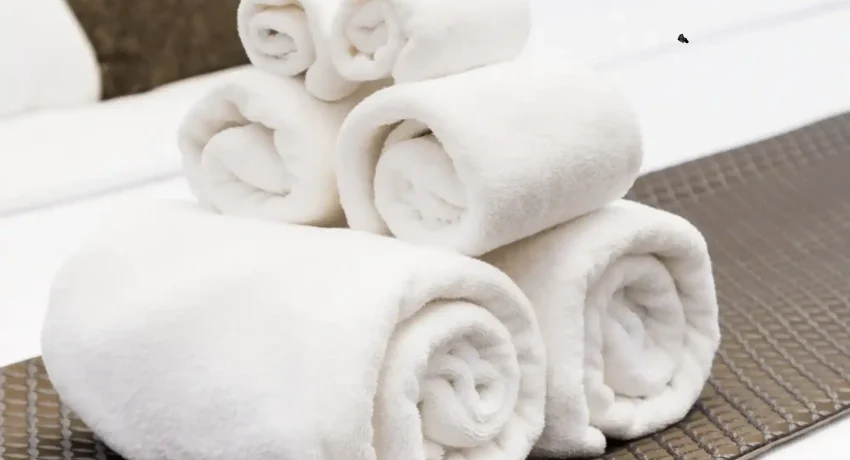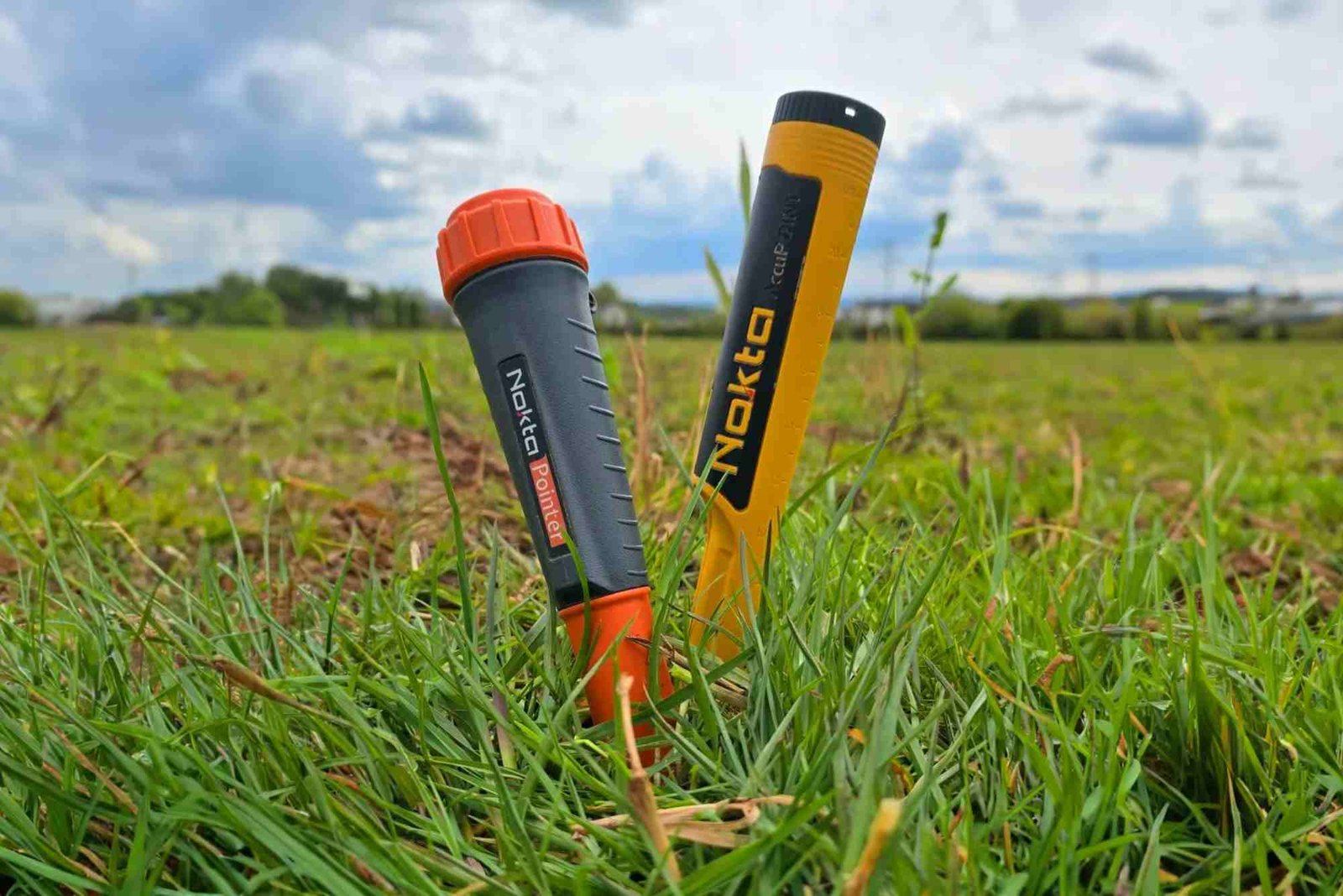When it comes to hospitality, linens are more than just fabric. They are part of the guest experience, whether it’s the crisp feel of bed sheets, the softness of a bathrobe, or the absorbency of plush hotel towels. But what happens when hotels order linens in bulk and need to return them due to defects, overstocking, or changes in demand? Bulk linen returns are a reality in the industry, and suppliers have developed structured ways to handle them efficiently. Having worked closely with hotels and suppliers, I’ve seen how both sides navigate these situations with professionalism and practicality.
Why Bulk Linen Returns Happen
Returns at this scale often have less to do with customer dissatisfaction and more to do with logistics. Hotels operate in cycles, adjusting to seasonal guest volumes, renovation timelines, and even rebranding efforts. For instance, a luxury resort that suddenly decides to update its room aesthetic might find its stock of cream-colored linens no longer matches the new design. Similarly, bulk shipments may arrive with minor defects, incorrect sizes, or mismatched dye lots. Suppliers expect some level of returns, especially when dealing with high-volume orders, and they often build return policies into their agreements with clients.
Another factor is forecasting errors. A hotel anticipating a surge in tourism might order larger quantities of hotel supply towels, only to realize occupancy rates did not meet projections. These extra linens, still unused, may then be returned to the supplier under negotiated conditions.
The Role of Clear Return Policies
One of the most important tools suppliers use to manage bulk linen returns is a transparent return policy. Unlike standard retail, where items can often be returned within 30 days, bulk returns in hospitality require much more detail. Contracts often outline the conditions under which returns are acceptable, such as product defects, shipping errors, or quality inconsistencies. In other cases, suppliers may allow returns only if the linens remain unused, unopened, and in their original packaging.
Policies also tend to specify restocking fees, return shipping responsibilities, and inspection processes. While hotels might initially see these clauses as restrictive, they actually protect both parties by setting clear expectations. Suppliers avoid losses from misused goods, and hotels gain peace of mind knowing they won’t be stuck with faulty or unsuitable stock.
Inspection and Quality Assurance
When linens are returned, suppliers rarely place them back into circulation immediately. Instead, a thorough inspection process is carried out. This ensures that any issues—such as stitching flaws, uneven dyeing, or fabric damage—are identified before the items are resold or repurposed.
For suppliers dealing with high-end clients, such as those purchasing luxury hotel towels wholesale, this process is even more rigorous. Hotels at the luxury level cannot compromise on presentation, and suppliers must guarantee that any returned towels meet the same standards as fresh stock. Quality assurance teams often repackage, clean, or even recycle returned linens depending on their condition.
Managing Financial Impact
Bulk returns can be costly if not managed correctly. Suppliers must strike a balance between customer satisfaction and financial sustainability. Some suppliers offset return costs by charging partial restocking fees or by offering credit notes instead of direct refunds. For example, a hotel returning 200 sets of towels might not receive full reimbursement but instead be offered credit toward future purchases.
This approach helps maintain the supplier-client relationship while preventing financial strain. It also incentivizes hotels to continue purchasing from the same source, ensuring continuity in their linen quality and branding.
Sustainability and Linen Recycling
An often-overlooked aspect of bulk linen returns is sustainability. Disposing of thousands of towels or sheets is wasteful, both environmentally and financially. Many suppliers now partner with textile recycling companies or repurpose returned goods for secondary markets. For example, returned hotel supply towels that don’t meet luxury standards might still serve well in budget hotels, gyms, or spas. Others may be cut into cleaning rags or processed into insulation material.
This approach not only reduces waste but also allows suppliers to recover value from items that might otherwise have been a complete loss. With the hospitality industry increasingly focused on sustainability, eco-conscious handling of bulk returns has become a selling point for suppliers.
Communication Between Hotels and Suppliers
From my experience, smooth handling of returns often comes down to communication. Hotels that notify suppliers quickly about defective or excess stock usually find the process far less stressful. Suppliers appreciate early notice, as it allows them to plan logistics, schedule inspections, and determine the next steps without disruption.
In the case of luxury properties ordering luxury hotel towels wholesale, there’s often a stronger emphasis on maintaining open dialogue. High-end hotels cannot risk shortages or quality issues, so they depend on suppliers to be responsive, accommodating, and solution-driven. Many suppliers assign dedicated account managers to such clients, ensuring quick resolution of any return-related concerns.
The Balance of Trust and Long-Term Relationships
Returns are not just about products; they’re about maintaining trust. Hotels rely on consistent, high-quality linens to keep guests comfortable and satisfied. Suppliers rely on long-term clients to sustain their business. When returns are handled fairly, both sides strengthen their relationship rather than strain it.
I’ve seen cases where hotels returned massive orders due to slight quality discrepancies, and instead of losing the client, the supplier offered replacements at a discount along with a credit for future orders. This not only solved the immediate problem but secured the hotel’s loyalty for years to come. In the competitive world of hospitality, that kind of relationship-building is invaluable.
Final Thoughts
Bulk linen returns might seem like a headache, but they are simply part of the hospitality supply chain. With clear policies, quality control measures, and an emphasis on communication, suppliers can manage returns effectively without damaging profitability. At the same time, hotels benefit from knowing they have reliable partners who will support them when stock doesn’t go as planned.
Whether it’s high-volume orders of hotel supply towels or specialized shipments of luxury hotel towels wholesale, the key lies in balancing customer satisfaction with business sustainability. By focusing on transparency, trust, and even sustainability practices, suppliers ensure that returns don’t disrupt the smooth flow of the hospitality industry—but instead reinforce its foundation of reliability and care.











